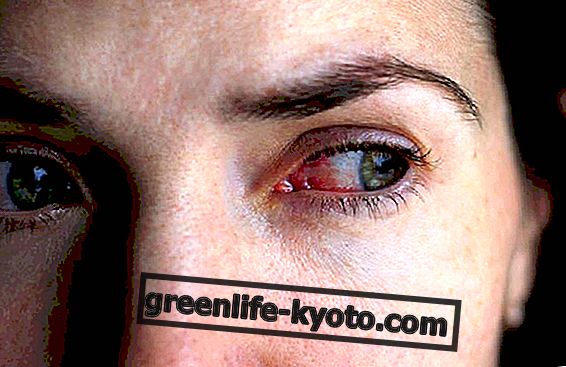
Anthroposophical medicine is an extension of conventional medicine, a form of integration that touches on the therapeutic strategy and the medicines used. The aim of this medicine is to place the disease and healing within an individual and social biographical context and encourage a type of research that focuses on maintaining health, together with the intention of spreading a sense of valorisation of the individual and responsibility towards their own health .
Rudolf Steiner and Ita Wegman, parents of anthroposophical medicine
The son of an Austrian stationmaster, Rudolf Steiner, father of anthroposophy, spent his youth in various locations in Austria; in the period of training, to the study of mathematics and sciences he combines the attendance of courses of literature and poetry, beyond to teach privately to a boy retarded until bringing it to maturity. Rudolf Steiner, who saw man as a conscious and free individual, left an immense work, in terms of content and vastness. his books and articles form the basis for the "anthroposophically oriented spirit science" .
Ita Wegman, a colleague of Steiner, 15 years younger than him, carries on his spiritual search. Much of Ita Wegman's activity spills over into the preliminaries of this new medical address, in clinical institutions, in the educational centers she founded and promoted and in research in the pharmaceutical field . His rich activity in the medical field has placed therapy on completely new bases compared to those established in medicine in recent centuries, even though it is not entirely understandable if we ignore the type of anthropological and cosmological investigation begun by Rudolf Steiner.
Understanding Anthroposophic Medicine
The cure, in short, as a daily and responsible path; drugs, therefore, not as dehumanizing elements, but real specific anthroposophic medicines, taken from the kingdoms of nature, according to a principle of evolutionary affinity, based on the rules of the official pharmacopoeia, on the experience of anthropogenic physicians and on the respect of norms good manufacturing and professional ethics of pharmacists.
By definition, anthroposophical medicine is integrated, that is, it conceives the object of its research, man, as an inseparable unity of body, soul and spirit. In this sense, curing the disease is not a gesture comparable to a single, isolated action, an action that requires a positive reaction that is possibly even immediate. Healing someone, from an anthroposophical point of view, means sharing the inner universe, touching the physical part and the less tangible part.













